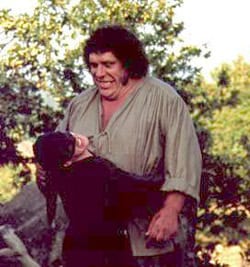 According to Seth Godin…
According to Seth Godin…
In the 260 weeks from 1966 to 1970, there were only thirteen musical acts responsible for every #1 album on the Billboard charts.
He goes on to write…
Sometimes, we define a golden age in a market as a time of stability, when one or a few giants capture all of our attention. AT&T telephones, Superman comics, Beatles records, IBM computers, The New York Times, [Essilor, Luxottica]... and now Google. Choices are easy… Ironically, the success of these winners attracts quixotic entrepreneurs, people who set out to challenge the few who are winning. While we might root for these underdogs, it turns out that they're not the ones who usually change everything. The powerful are still too powerful.
The real growth and development and the foundations for the next era are laid during the chaotic times, the times that come after the leaders have stumbled.
While it may be true that the smothering presence of large entities can make it nearly impossible for smaller ones to gain a foothold, the quixotic challenger helps to disrupt the surface and create an environment in which the giants may stumble. At a minimum, the trend-bucking entrepreneur holds an ideal position - if he can hold on long enough - to take advantage when the giant eventually falls asleep.
